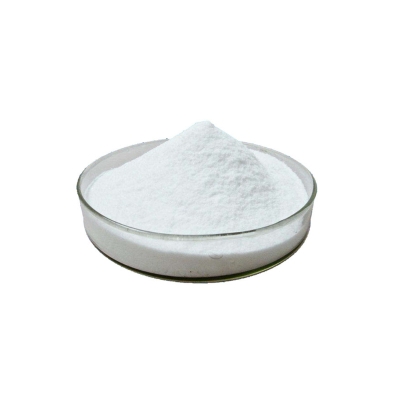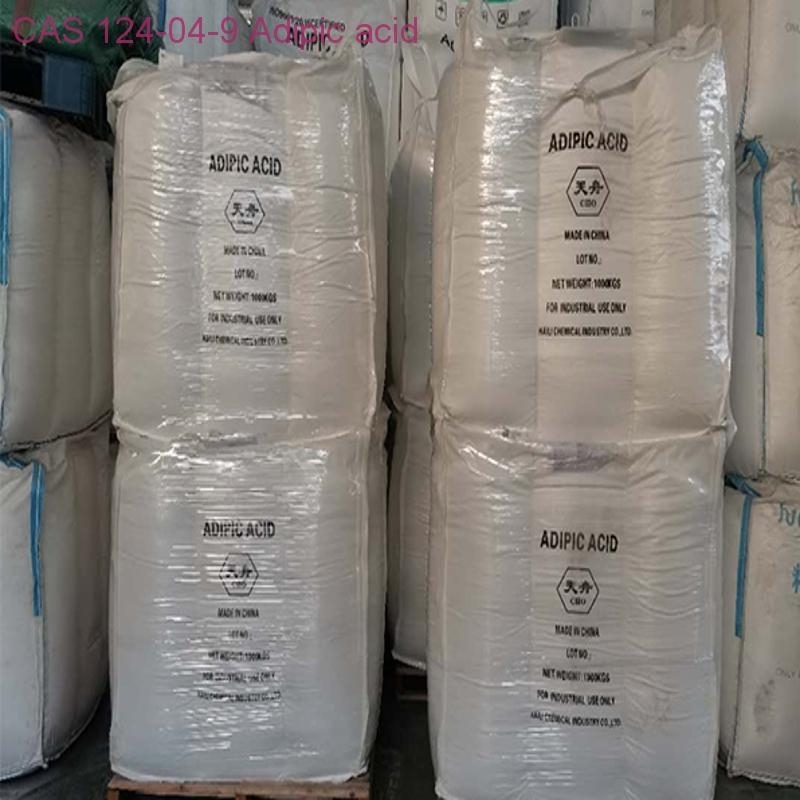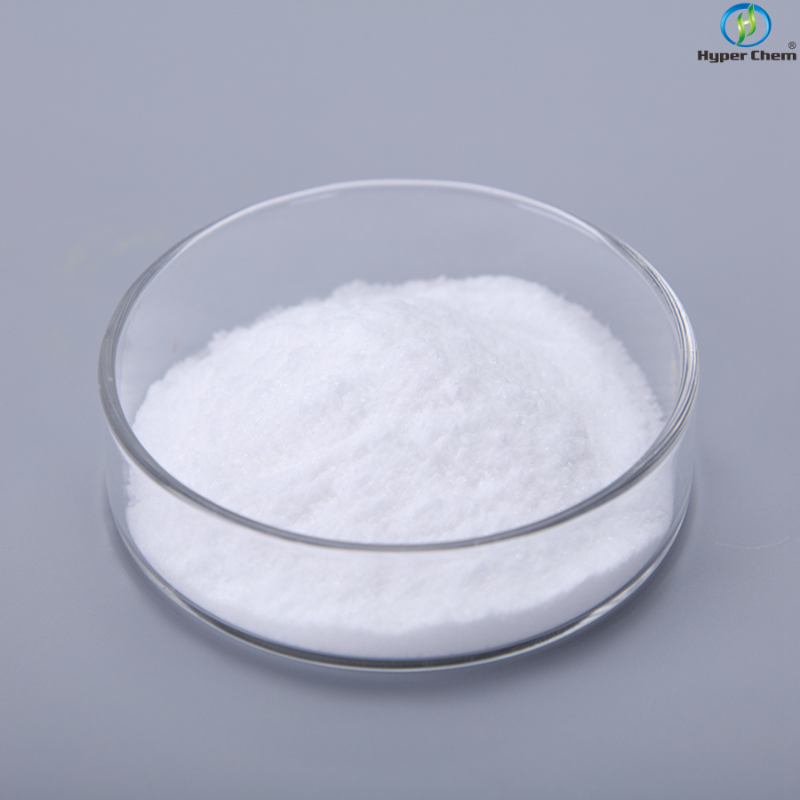-
Categories
-
Pharmaceutical Intermediates
-
Active Pharmaceutical Ingredients
-
Food Additives
- Industrial Coatings
- Agrochemicals
- Dyes and Pigments
- Surfactant
- Flavors and Fragrances
- Chemical Reagents
- Catalyst and Auxiliary
- Natural Products
- Inorganic Chemistry
-
Organic Chemistry
-
Biochemical Engineering
- Analytical Chemistry
-
Cosmetic Ingredient
- Water Treatment Chemical
-
Pharmaceutical Intermediates
Promotion
ECHEMI Mall
Wholesale
Weekly Price
Exhibition
News
-
Trade Service
When it comes to canned food, many people think of "Yeh Qinghui" canned yellow peaches and canned bran
.
With the development of modern food storage, transportation and processing technology, canned food is no longer a necessity on the family table when fresh ingredients are within reach
In this regard, Zhong Kai, director of Kexin Food and Health Information Exchange Center, said in an interview with a reporter from China Economic Net that most canned foods do not need to add preservatives, with the exception of a few varieties
.
"Even if there are preservatives, there is no problem.
Commercial sterility does not mean "no bacteria"
"National Food Safety Standard Canned Food GB7098-2015" defines canned food as follows: Fruits, vegetables, edible fungi, livestock and poultry meat, aquatic animals, etc.
are used as raw materials, processed through processes such as processing, canning, sealing, heat sterilization, etc.
Commercial aseptic canned food
.
"Whether the tinplate canned meat or the glass bottled canned fruit, although the production process is slightly different, but the core is sterilization
.
" Zhong Kai said that in accordance with the current national standards, canned food needs to meet "commercial sterility
According to the data, the early sterilization method was boiling (100 degrees), later changed to calcium chloride solution boiling (115 degrees), and later developed into high-pressure steam sterilization (121 degrees)
.
Before the cans leave the factory, a commercial sterility test should be performed.
"'Commercial sterility' does not mean that there is absolutely no bacteria, but that it does not contain pathogenic microorganisms
.
" Zhong Kai said that some cans may contain a small amount of non-pathogenic microorganisms, but they will not multiply at normal temperatures
Individual cans contain preservatives and add harmless health to the national standard
Zhong Kai pointed out that most canned foods do not need to add preservatives, with the exception of individual varieties
.
"For example, canned bayberry needs to add propionic acid, and canned mushrooms and canned cereals can use nisin
In addition to traditional cans, soft cans are now more popular in the industry.
The production process is basically similar to ordinary cans, except that the packaging materials have changed
.
Common ones include nylon film, polyethylene film, aluminum foil, etc.
"It needs to be emphasized that even if these canned foods have preservatives, there is no problem.
On the one hand, there are process requirements.
On the other hand, adding according to national standards will not affect health
.
" Zhong Kai said that canned meat (such as luncheon meat) ) Usually contains nitrite, although it can be used as a preservative, but here is to play another function-nitrite and myoglobin combined to form a beautiful red, can play a role in color protection
Canned food is not nutritious? Don't listen to it!
One of the reasons why many netizens criticize canned food is that they think the food in it is "not fresh at all" and "definitely not nutritious
.
" Is this really the case?
"After high-temperature treatment, canned food will be less nutritious than fresh ingredients, but it does not mean that there is no nutrition
.
Nutrients such as protein, fat, minerals, and dietary fiber will not undergo substantial changes due to the sterilization process.
It is vitamins, such as vitamin C, vitamin B and folic acid
.
" Zhong Kai said
.
According to statistics, Americans eat 90 kilograms of canned food a year, 50 kilograms in Europe, 23 kilograms in Japan, and only 1 kilogram in China
.
“In fact, canned food is a traditional characteristic industry and export-oriented industry in China.
It started early, has a good foundation, and develops rapidly in the national food industry.
The earliest canned food market is positioned mainly for export, and it is the first to enter the international market among many food products.
Market
.
" Zhong Kai said that for a long time, some prejudices of the Chinese people on canned food have affected its development in the country, but the "dismissed" Chinese canned food is very popular in the international market, and is exported to the United States, Russia, Germany, and Germany.
Japan and other developed countries
.







